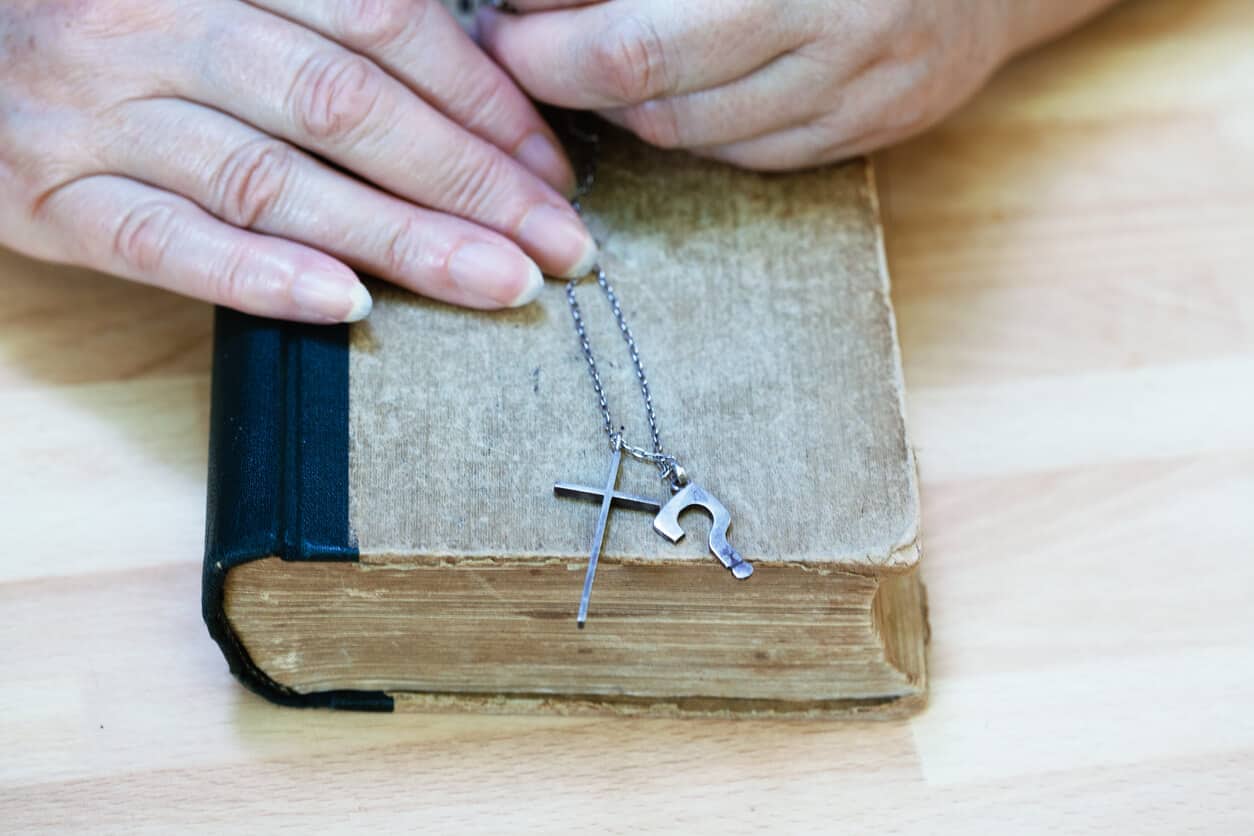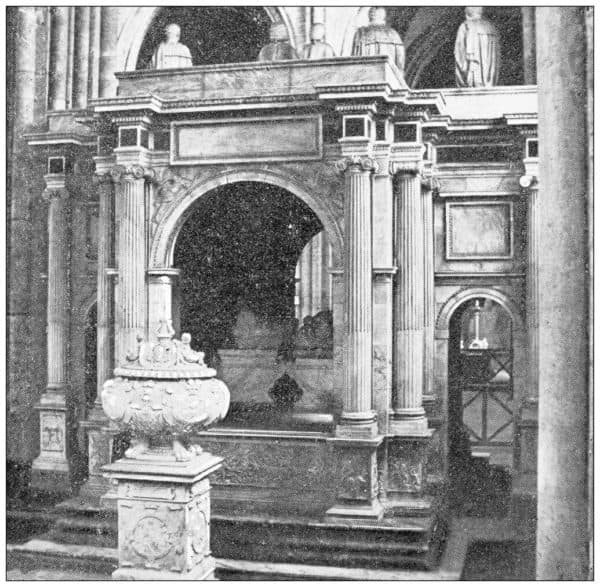Have you ever wondered, “what does the Bible say about cremation?” Here’s what we discovered the Bible has to say about the issue, which may be helpful to you as you consider making your funeral arrangements.
Table of Contents
What does the Bible say about cremation?
According to most Biblical study websites, there is no explicit scriptural command for or against cremation. There are no passages that forbid cremation, according to most Biblical scholars. However, some passages describe standard death practices during these times.
Cremation in the Old Testament
The first reference to cremation is found in 1 Samuel 31. In this passage, the dead bodies of Saul and his sons are burned, and their bones are buried.
“But when the inhabitants of Jabesh-Gilead heard what the Philistines had done to Saul, all the valiant men arose and went all night and took the body of Saul and the bodies of his sons from the wall of Beth-shan, and they came to Jabesh and burned them there. And they took their bones and buried them under the tamarisk tree in Jabesh and fasted seven days. 1 Samuel 31: 11-13
John MacArthur, a renowned Biblical scholar, explains the passage this way:
“The people decided to cremate Saul and Jonathan and then bury their ashes because their bodies had been mutilated by the Philistines. In another instance, Achan and his family were cremated after being executed for sinning against Israel (Joshua 7:25).
According to the Bible, is it ok to cremate the human body?
If cremation is only described in certain instances, and burial was the standard practice in both the Old and New Testament, is it ok to choose cremation? After all, the dead body of Jesus Christ was placed in a tomb.
John MacArthur explains the issue this way:
“Obviously any buried body will eventually decompose (Ecclesiastes 12:7). So cremation isn’t a strange or wrong practice-it merely accelerates the natural process of oxidation. The believer will one day receive a new body (1 Corinthians 15:42-49; 1 Thessalonians 4:13-18; Job 19:25-26), thus the state of what remains of the old body is unimportant.”
What does the Catholic Church say about cremation and cremated remains?
While we have touched on cremation from a Biblical perspective, you might wonder if cremation or burial is the preferred method of final disposition for your Christian denomination. We encourage you to read the Bible verses on the subject and discuss them with your spiritual leader.
If you are a member of the Catholic faith, you may be aware of the specific direction the Vatican gave regarding cremation in 2016. The document states that there is a preference for burial over cremation. However, if cremation is chosen, it is preferred that the remains are placed to rest following proper burial practices of the church:
“Furthermore, burial in a cemetery or another sacred place adequately corresponds to the piety and respect owed to the bodies of the faithful departed who through Baptism have become temples of the Holy Spirit and in which ‘as instruments and vessels the Spirit has carried out so many good works’.”
Is Cremation Right for You – as a Christian?
It’s worth noting that many Christians have a religious “memorial service” or “celebration of life” following cremation. (The term “traditional funeral service” often refers to a service when the person’s remains are presented in a casket.)
Again, you can still have a religious funeral like you would if your loved one had chosen to be buried in a casket. You can even follow normal burial practices following cremation. The cremains can be placed in the same burial plots as casketed remains.
Contact the Philadelphia Cremation Society to learn about low-cost direct cremation if you or your loved one have chosen cremation instead of a traditional burial. Here’s how choosing cremation works:
After your loved one dies, you say goodbye to their physical remains at the place of death. (You may take comfort knowing that their spiritual bodies are no longer present.) At this time, call (610) 632-1191 to speak to a compassionate Philadelphia Cremation Society funeral director. The deceased’s body will be removed from the place of death to the crematorium.
When the paperwork is concluded, the process is completed. The cremains are then returned to the designated family member. Because the body was cremated, you will have the freedom and flexibility to select a time and a place for the funeral services that work best for your family.
Again, it is common practice for Christians to have religious services following cremation. In fact, you may take great comfort by being reminded that your loved one’s spiritual body is now in God’s hands.






